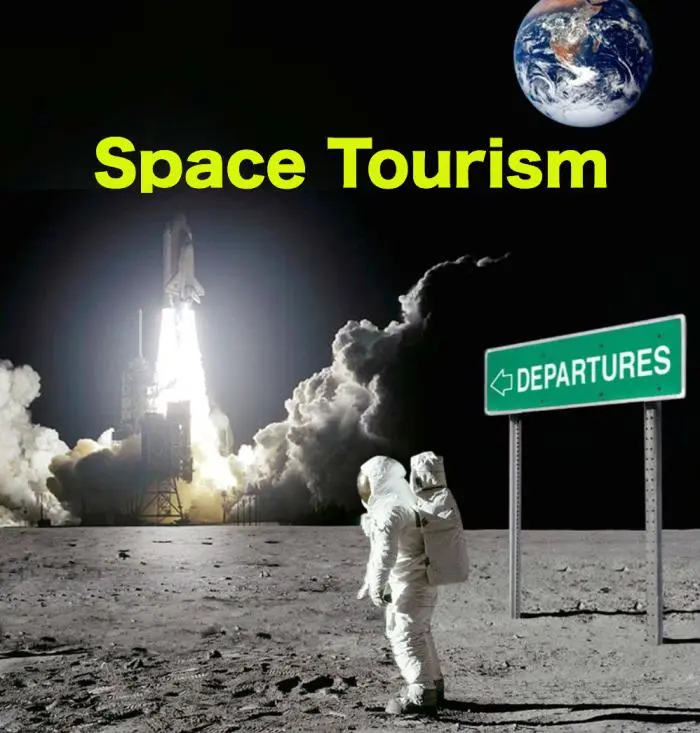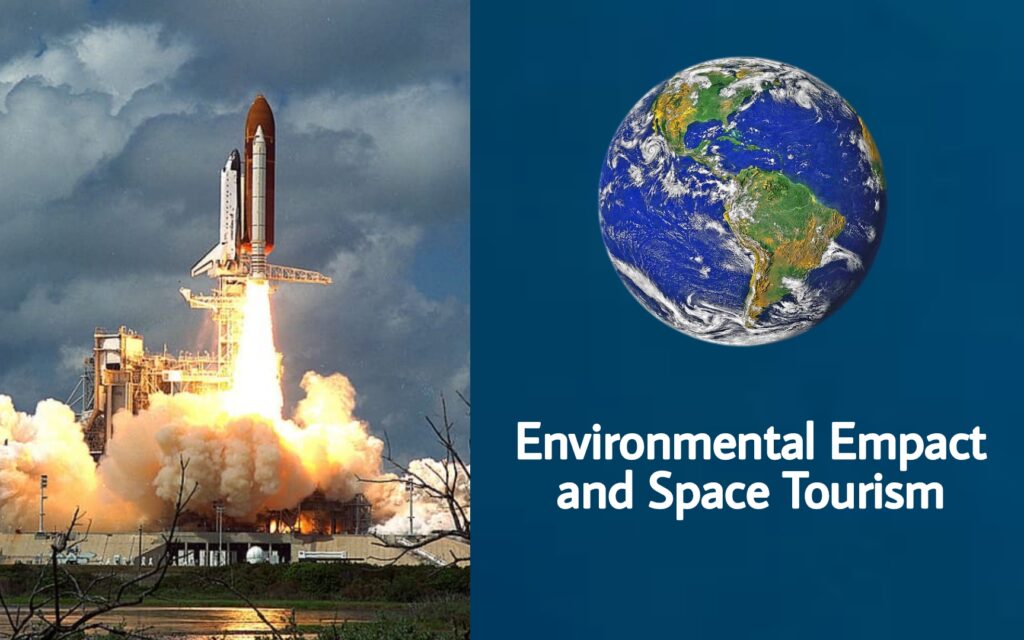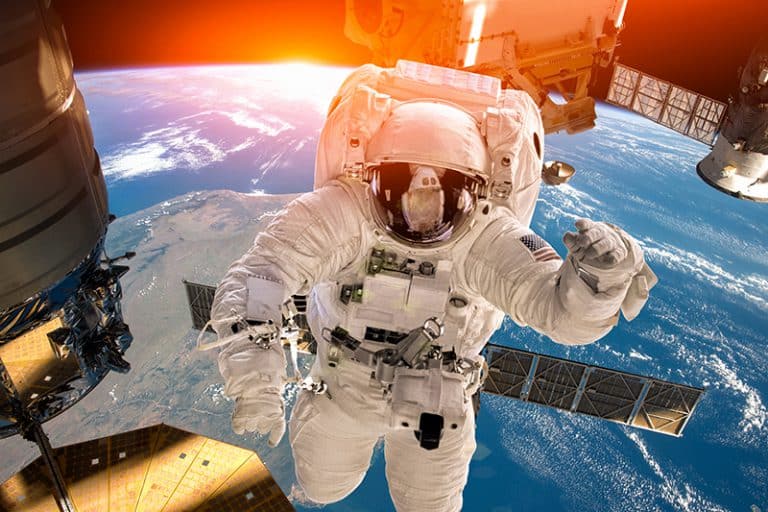Introduction to Space Tourism
Space tourism, once a concept confined to the realms of science fiction, is rapidly becoming a reality. With private companies like SpaceX, Blue Origin, and Virgin Galactic leading the charge, the possibility of ordinary individuals traveling beyond Earth’s atmosphere is closer than ever before.
Unlike professional astronauts who are sent to space as part of scientific missions, space tourists pay for the experience of traveling beyond Earth’s atmosphere, experiencing weightlessness, and witnessing the curvature of the Earth from space.
Also Read This : Promoting Gender Equality in the Workplace: A Comprehensive Guide
Economic Implications

The advent of space-tourism has significant economic implications. The industry is expected to generate billions of dollars in revenue, creating new jobs and stimulating technological advancements. Investment in space tourism could also spur growth in related sectors such as aerospace, hospitality, and even entertainment.
As private companies and governments invest in this nascent field, the potential for economic growth, job creation, and technological advancement becomes evident. Here are the key economic implications.
Environmental Concerns

Despite its promising potential, space tourism raises environmental concerns. Rocket launches contribute to carbon emissions and can have detrimental effects on the ozone layer. As the industry grows, it is crucial to develop sustainable practices to mitigate these environmental impacts.
Space-tourism poses several environmental concerns, including the carbon footprint of rocket launches, the potential for increased space debris, and the impact on the upper atmosphere from rocket emissions. These issues necessitate the development of sustainable practices and technologies to mitigate the environmental impact of commercial space travel.
Technological Advancements

Space tourism is driving technological innovation. Companies are developing reusable rockets, more efficient propulsion systems, and advanced safety measures. These advancements not only benefit space tourism but also have broader applications in other industries.
These innovations not only enhance the experience for space tourists but also have broader applications, benefiting other sectors and contributing to the overall progress of aerospace technology. As space-tourism continues to grow, ongoing research and development will be crucial in addressing the challenges and maximizing the benefits of this exciting new frontier.
Regulatory Challenges
The emergence of space-tourism presents new regulatory challenges. Governments and international bodies must establish frameworks to ensure the safety of passengers and the protection of space environments. This will require collaboration between public and private sectors.
The regulatory challenges of space tourism are multifaceted and require coordinated efforts from governments, international bodies, and industry stakeholders. Addressing these challenges is essential for ensuring the safety, sustainability, and growth of the space tourism industry.
Cultural and Social Impact
The possibility of space travel for civilians has a profound cultural and social impact. It fuels the imagination and inspires a new generation of explorers. Moreover, it raises philosophical questions about humanity’s place in the universe and our responsibility towards Earth and outer space.
Future Prospects

Looking ahead, the future of space tourism appears bright. As technology continues to advance and costs decrease, space travel could become more accessible to a broader audience. This democratization of space could lead to unforeseen discoveries and a deeper understanding of our universe.
The future prospects of space tourism are bright and multifaceted, with significant advancements in accessibility, technology, and infrastructure expected to transform the industry. As space tourism becomes more common and affordable, it will inspire new generations, foster global unity, and contribute to scientific and environmental efforts.
